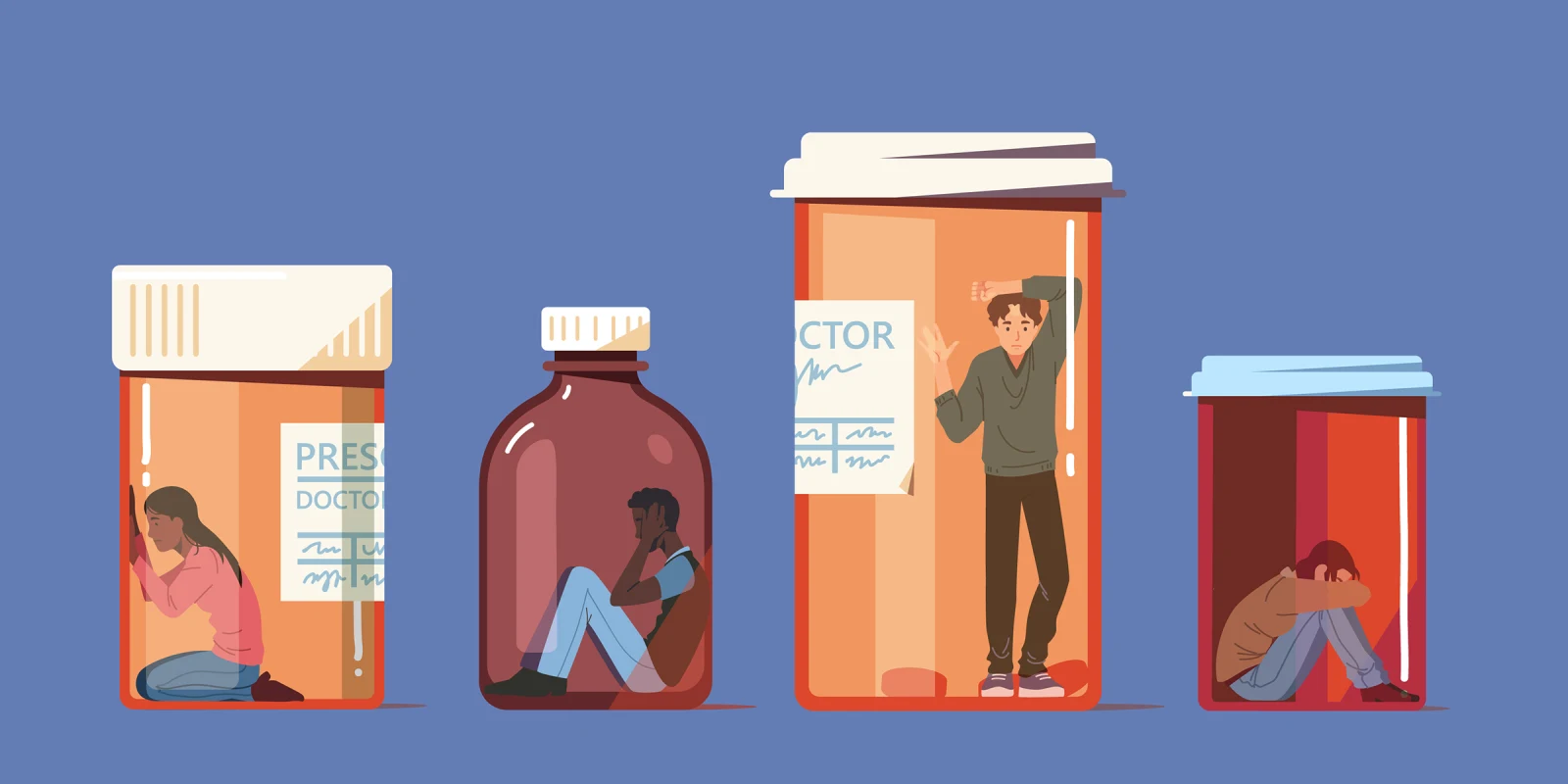Flashback and nightmares are the most common symptoms of the disorder.
What is post-traumatic stress disorder
The last step of the decision making process and why it is important.
What is reflecting on the decision and learning from the experience so we can make better future choices
A diagnosable condition that significantly disrupts an individual’s emotional, cognitive, or behavioral functioning.
What is a mental health illness.
The disorder that is depicted.

What is depression?
These are the three characteristics that distinguish between mental illness and mental health disorder.
What is severity, frequency, and diagnosability
The symptoms of obsessive compulsive disorder.
What are obsessions (reoccurring thoughts) and compulsions (cannot control this)
The 1st step of the decision making process.
What is identifying the decision
A disorder characterized by binge- eating followed by purging/laxative use and is due to preoccupation with food, body weight, or shape.
What is bulimia?
This disorder affects how people interact with others, communicate, learn, and behave. .
What is autism spectrum disorder?
The image depicts this mental health disorder. 
What is substance abuse disorder
The symptoms of this disorder are feelings of worthlessness and loss of interest.
What is depression
The step of the decision making process you will see a pro and cons list and its main purpose.
What is the third step of evaluating the options and consequences and we use it to identify the benefits and risks for each option
A broad range of conditions that affect mood, thinking, and behavior.
What is a mental health disorder?
A disorder that is neurological and developmental and can be characterized by inattention, hyperactivity, and impulsiveness
What is attention deficit hyperactivity disorder or ADHD?
Signs to recognize a decline in mental health.
What is withdrawal from friends and activities, sudden changes in behavior or mood, decline in academic performance, physical complaints, and Expressing hopelessness
The symptoms for the disorder include difficulty with communication, restricted interests, and sensory issues.
What is autism spectrum disorder
The 2nd step of the decision making process and why it is important.
What is gather relevant information to collect accurate and reliable information that is necessary to make the decision.
A condition triggered by experiencing or witnessing a traumatic event
what is Post Traumatic Stress Disorder or (PTSD)?
The similarities and the differences in generalized anxiety disorder and social anxiety disorder.
What is they are both disorders with excessive fear, worry, and nervousness, but social anxiety is fear of being judged or scrutinized by others, where as general anxiety is worrying about normal things when there is no reason to worry.
These are ways you can help someone struggling with mental health.
what is listen without judgment, encourage communication, suggest professional help, report concerns to a trusted adult or counselor.
The symptoms of attention deficit hyperactivity disorder.
What is difficulty focusing, frequent fidgeting, and impulsivity.
The 4th step of the decision making process and its main purpose.
What is consider personal and social factors and reflecting on personal values, cultural norms, peer and family influences, and societal influences that may impact the decision
The definition for the disorder that the image is most likely representing.

The main symptoms of a disorder are difficulty with communication, restricted interests, and
What is Autism Spectrum Disorder?
What is identify a decision, gather information, evaluating options and consequences, consider personal and social factors, making and implementing a decision, and reflecting on the decision